Preventing war is much better than protesting against the war. Protesting the war is too late
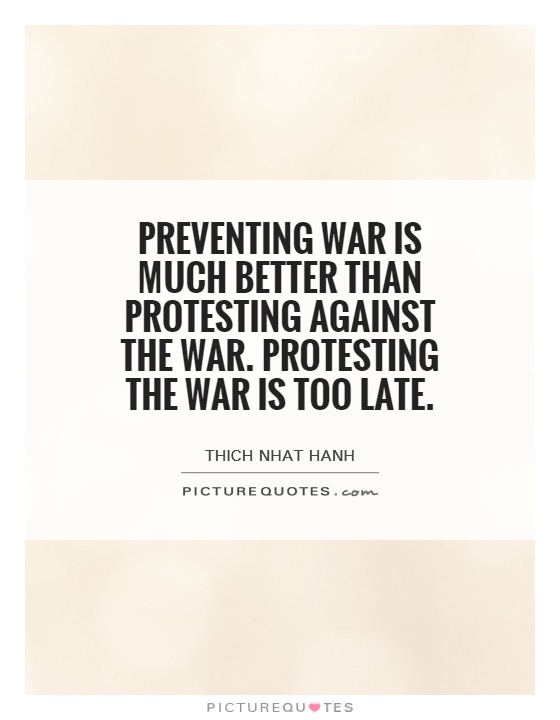
Preventing war is much better than protesting against the war. Protesting the war is too late
Thich Nhat Hanh, a renowned Vietnamese Buddhist monk and peace activist, has long been an advocate for preventing war through mindfulness and compassion. He believes that the key to avoiding conflict and violence lies in cultivating understanding, empathy, and nonviolent communication. In his teachings, he emphasizes the importance of addressing the root causes of war, such as fear, anger, and ignorance, rather than simply reacting to its destructive consequences.According to Thich Nhat Hanh, preventing war is much more effective and sustainable than protesting against it after it has already begun. By the time a war has started, the damage has already been done, and it is often too late to prevent the loss of life, destruction of communities, and suffering of innocent civilians. Protesting against a war may raise awareness and mobilize public opinion, but it cannot undo the harm that has already been inflicted.
Thich Nhat Hanh encourages individuals and communities to work towards peace and reconciliation through peaceful means, such as dialogue, negotiation, and conflict resolution. He believes that by fostering a culture of peace and understanding, we can create the conditions for preventing war in the first place. This requires a deep commitment to mindfulness, compassion, and nonviolence in our daily lives, as well as a willingness to engage with others in a spirit of openness and respect.
In his book "Being Peace," Thich Nhat Hanh writes, "When we have peace in ourselves, we can make peace with others. When we have understanding and compassion in ourselves, we can offer understanding and compassion to others." This message is a powerful reminder that peace begins within each of us, and that by cultivating inner peace and compassion, we can contribute to a more peaceful and harmonious world.
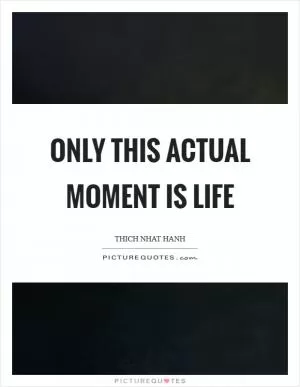
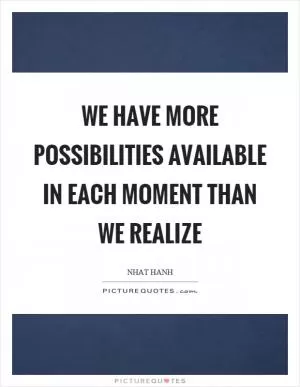
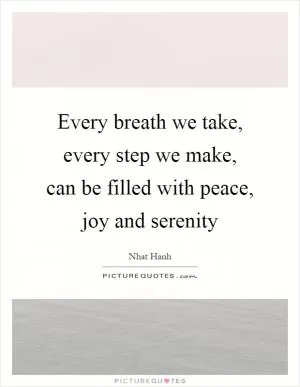
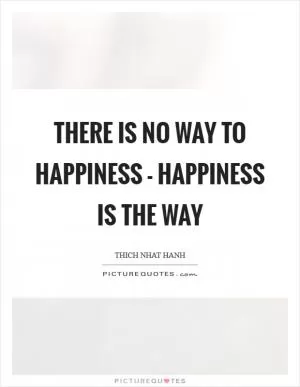

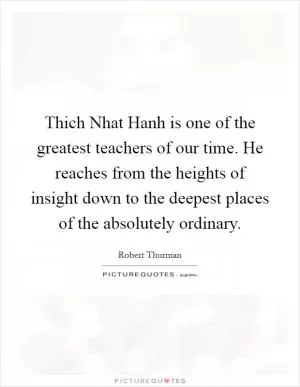
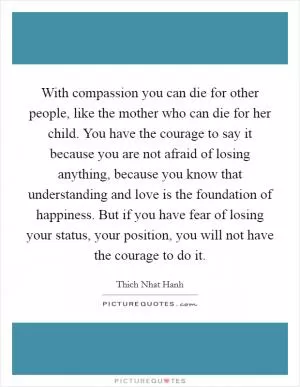
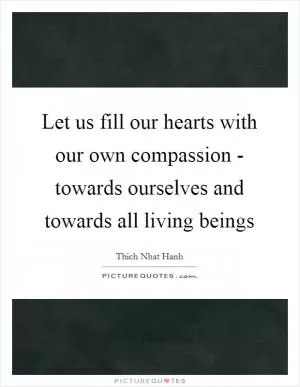
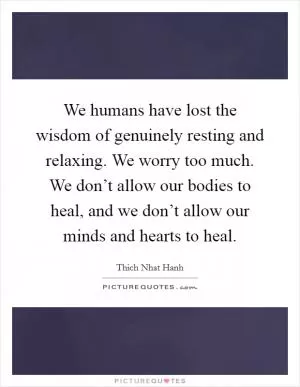
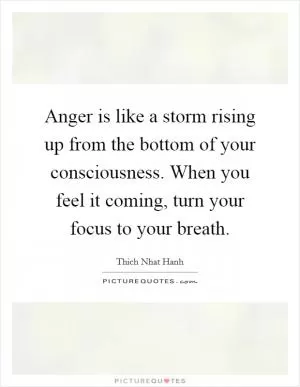
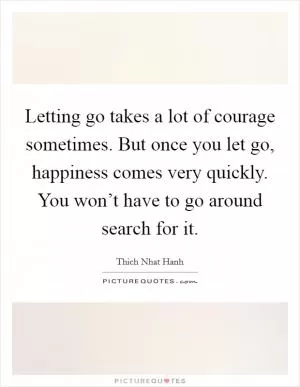
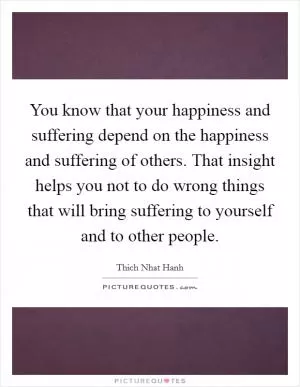
 Friendship Quotes
Friendship Quotes Love Quotes
Love Quotes Life Quotes
Life Quotes Funny Quotes
Funny Quotes Motivational Quotes
Motivational Quotes Inspirational Quotes
Inspirational Quotes